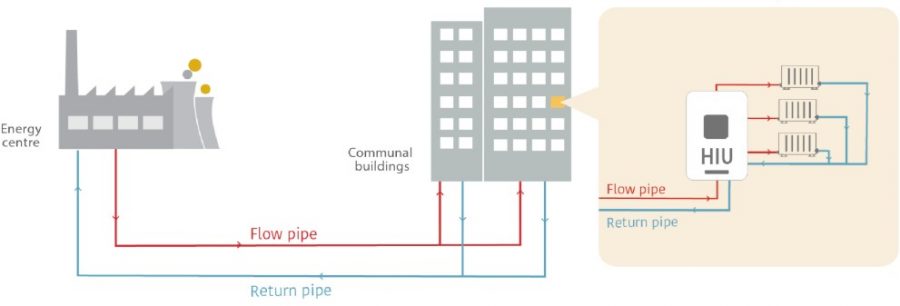Networked heating can reduce energy costs for users and service providers and helps to mitigate fuel poverty. More efficient heating networks can also significantly reduce the carbon footprint of urban centres. However, potential for inefficiency is inherent at multiple points in every heat network, and many existing networks operate with heat losses in the magnitude of 40-50%.

